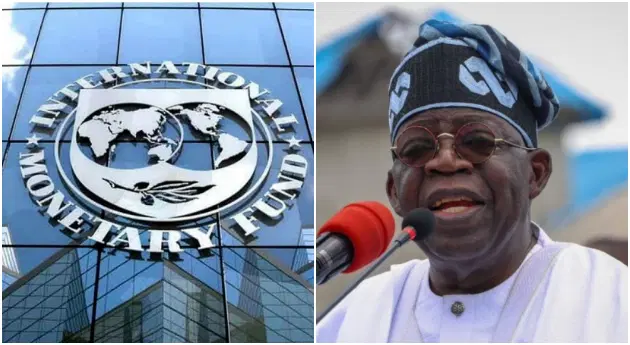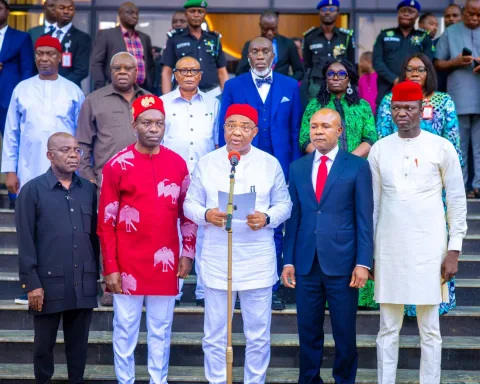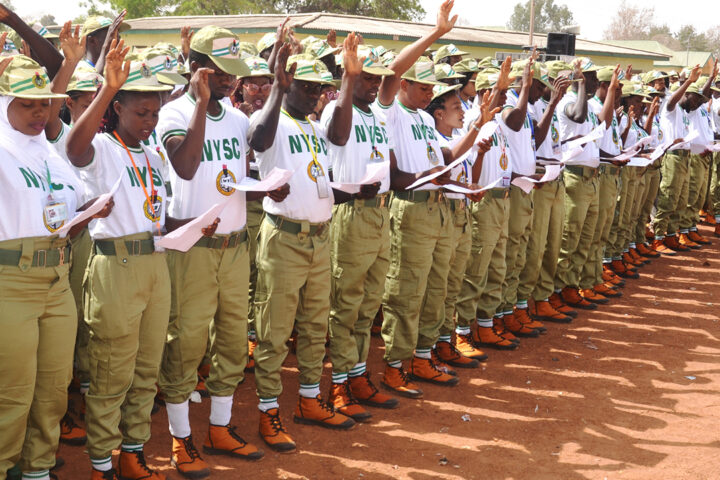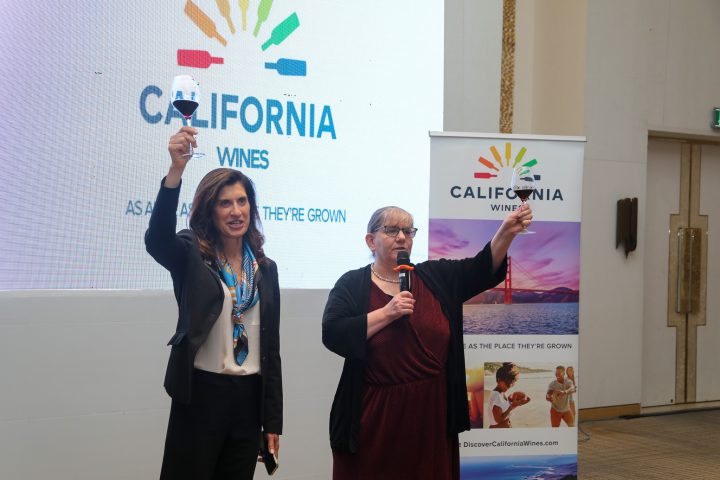Nigerian Senate has on Wednesday laid to rest the lingering controversy in the electoral Act amendment process by removing from the Bill, the clause 84 that makes direct primary mandatory for the election of candidates in political parties.
This followed the reintroduction of the Bill at plenary on Wednesday by Senate leader, Yahaya Abdullahi.
Abdullahi said the concern of the President on the Bill was the provision for mandatory direct primaries for political parties to choose their candidates.
Join our WhatsApp ChannelThe Clause on mandatory party primaries in the Electoral Act had been a source of feud between the National Assembly and the presidency following the President Muhammadu Buhari’s refusal to sign the amendment bill after the Senate passed it in late 2021 and transmitted to him for assent.
Prime Business Africa had reported that the president refused to sign the bill on the ground that he was advised by the Independent National Electoral Commission and the Attorney General of the Federation that the recommendation for mandatory direct party primary would attract high cost for the government and place a financial burden on the country’s lean resources.
READ ALSO: Electoral Act: Buhari Declines Assent Over ‘N500B’ Direct Primary Costs
He also expressed concern that the proposed mandatory use of direct primaries could lead to the violation of citizens’ rights, and will also affect smaller political parties.
The president noted his concerns and urged the National Assembly to look into them and transmit to him for assent.
The new options in the proposed amendment include direct, indirect, and consensus means of choosing candidates by political parties.
Apart from removing the clause on direct primary, the Senate President, Ahmad Lawan told the lawmakers that any further proposals for amendments will be considered and incorporated during subsequent amendment considerations in the Bill.
Leaders of both chambers of the National Assembly (Senate and House of Representative) had on Tuesday promised to work on the proposed legislation and send it to Buhari for assent.
Meanwhile, the Independent National Electoral Commission (INEC) on Tuesday said it will not release timetable for the 2023 general elections until the Electoral Act amendment Bill has been passed into law.
The INEC Chairman, Prof. Mahmood Yakubu who made the announcement in Abuja during a quarterly meeting with political parties for the 2022, said the commission was looking forward to speedy passage of the Bill which will determine its preparation for 2023 general elections.
READ ALSO:Why Lawmakers Won’t Override Buhari’s Veto On Electoral Bill
Victor Ezeja is a passionate journalist with six years of experience writing on economy, politics and energy. He holds a Masters degree in Mass Communication.



















Follow Us